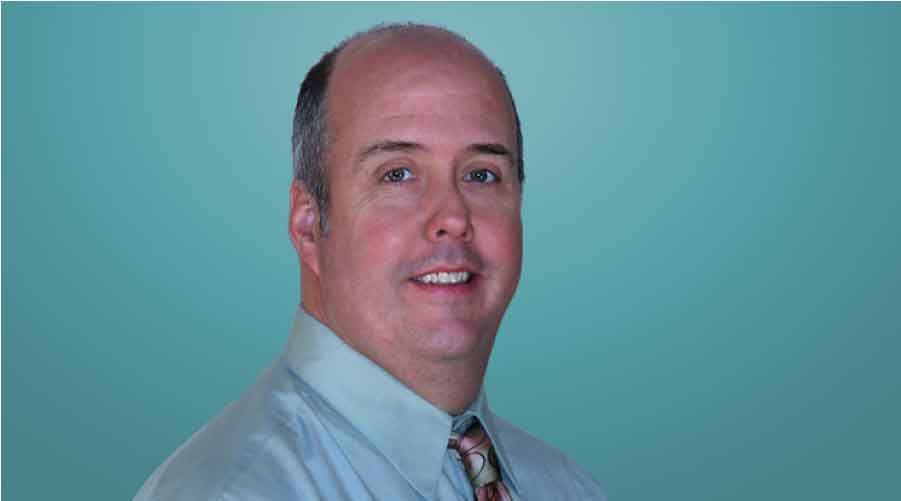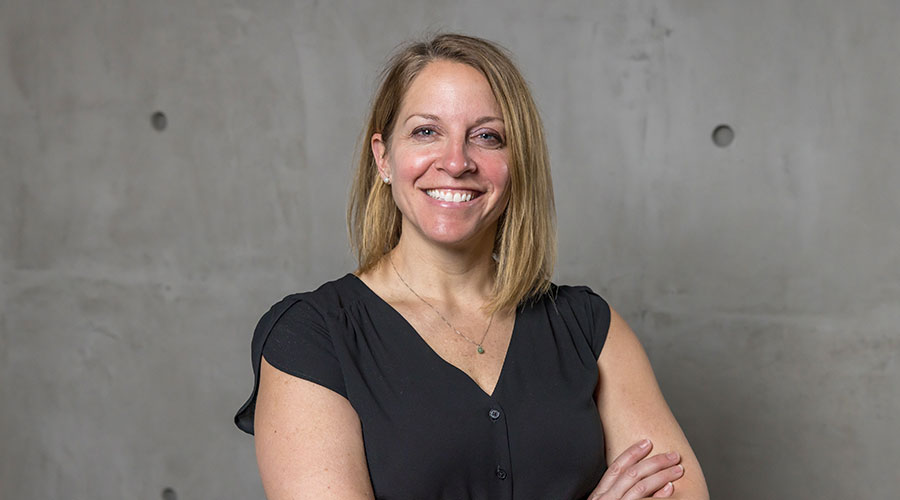How a Marine Corps Veteran Found Facilities Success
Brian Cowperthwaite used his experience and skills learned in his time in the Marine Corps as a steppingstone into facilities management.
By Dan Hounsell, Senior Editor?
Brian Cowperthwaite used his experience and skills learned in his time in the Marine Corps as a steppingstone into facilities management. Along the way, his path to the University of Chicago has helped him appreciate the backgrounds of facilities managers and understand the benefits of clear communication.
Facilities Maintenance Decisions: What did you intend to do as a career when you graduated from high school?
Brian Cowperthwaite: Growing up, I always wanted to join the Marine Corps, so I enlisted immediately following high school. I joined during the first Gulf War and became an artillery/naval gunfire scout observer and served overseas and throughout the United States.
After many years, I realized I wanted an opportunity to do bigger and better things and was fortunate enough to be accepted into an enlisted-to-officer program and earned my degrees from the University of Washington in Seattle. I served the next decade as a supply officer in the Marines overseas and throughout the United States and was able to learn numerous skillsets, which still serve me today.
FMD: What was your first job in facilities?
Cowperthwaite: The Marine Corps doesn’t necessarily have a facilities officer. Logistics is probably the closest thing, and supply and logistics work hand in hand. I was lucky enough to be trusted with critical facilities roles at Marine Corps Air Station Miramar in San Diego and at the Mountain Warfare Training Center in Bridgeport, California. Supporting operations and facilities spanning 46,000 acres high in the Sierra Nevada Mountains is a great training ground for the military and aspiring facilities professionals.
FMD: What has surprised you the most about facilities and facilities management?
Cowperthwaite: You’ll be surprised to find most people arrive at a facilities management or leadership role through completely different career paths. People come through the trades or in services. They come from utility plant backgrounds. They are energy management and sustainability professionals. They are engineers, procurement, sourcing, supply chain and any other number of specialties.
I think it says more about how robust and vast your knowledge base needs to be in order to succeed at facilities than anything else. While some facilities professionals are true specialists, I think most are the jacks of all trades and the masters of none.
FMD: What have you learned about facilities management that you wish you had known when you started?
Cowperthwaite: The hardest thing you’ll have to conquer each day is not getting emotionally involved or taking things personally. When supporting a large campus, complex or facility, most of your campus partners or clients just want to have a voice and feel heard. Complaints are valid because that is what they feel or someone in their organization believes.
The challenge is to communicate to them what you can and cannot do. Be personable enough that they feel they are heard and steps are being taken but to not take it personally. I guarantee you, there will be a completely new set of emergencies and issues to tackle before the day is over, so try and separate the emotions and solutions.
FMD: What is your biggest career mistake, and how did you respond to it?
Cowperthwaite: I’d like to think I’ve done a good job of planning ahead and mitigating large, catastrophic, epic career mistakes. However, I do like to push, pioneer and launch new programs or initiatives for any organization and ask my teams to try and do the same.
When I was with GE Renewable, Onshore Wind Energy (GE Verona now), our team supported all of North America with tooling and equipment to build and maintain wind turbines. We did a large volume of temporary imports and exports for such a small operational team, and I pushed a new program to move from temporary imports to an ATA Carnet program. We thought it would save money and move more expeditiously across customs.
We tested the Carnet option for about a year, and it wasn’t successful at all under my leadership, so we largely closed down the program to our organization. It might sound like a stereotype statement, but you miss 100 percent of the shots you don’t take. To this day, although some of my ideas are Dumpster fires, I think you can’t give up on pursuing process improvements that will snowball and move your organization from good to great.
FMD: What career accomplishments are you proudest of?
Cowperthwaite: I’m most proud of the career opportunities my family and I have decided not to pursue. After completing all the screening to join the Foreign Service Management track, we asked to be put on the do-not-call list for family reasons. When opportunities at top-notch universities or private sector businesses have presented themselves, we have made the best decision for our family, and it hasn’t always been the best career decision. The accomplishments you’ll be the most proud of are the ones which center around your family.
Dan Hounsell is senior editor for the facilities market. He has more than 30 years of experience writing about facilities maintenance, engineering and management.
Related Topics:












